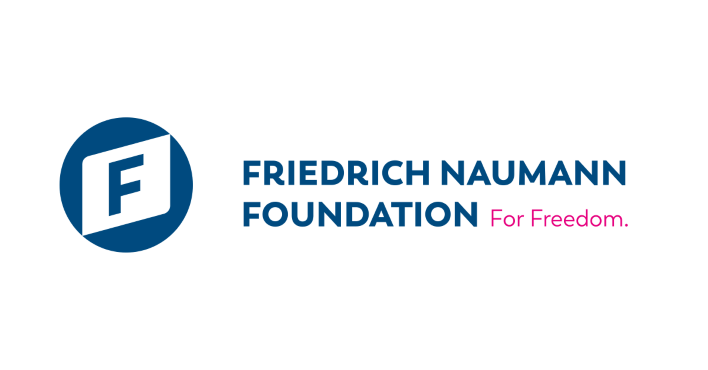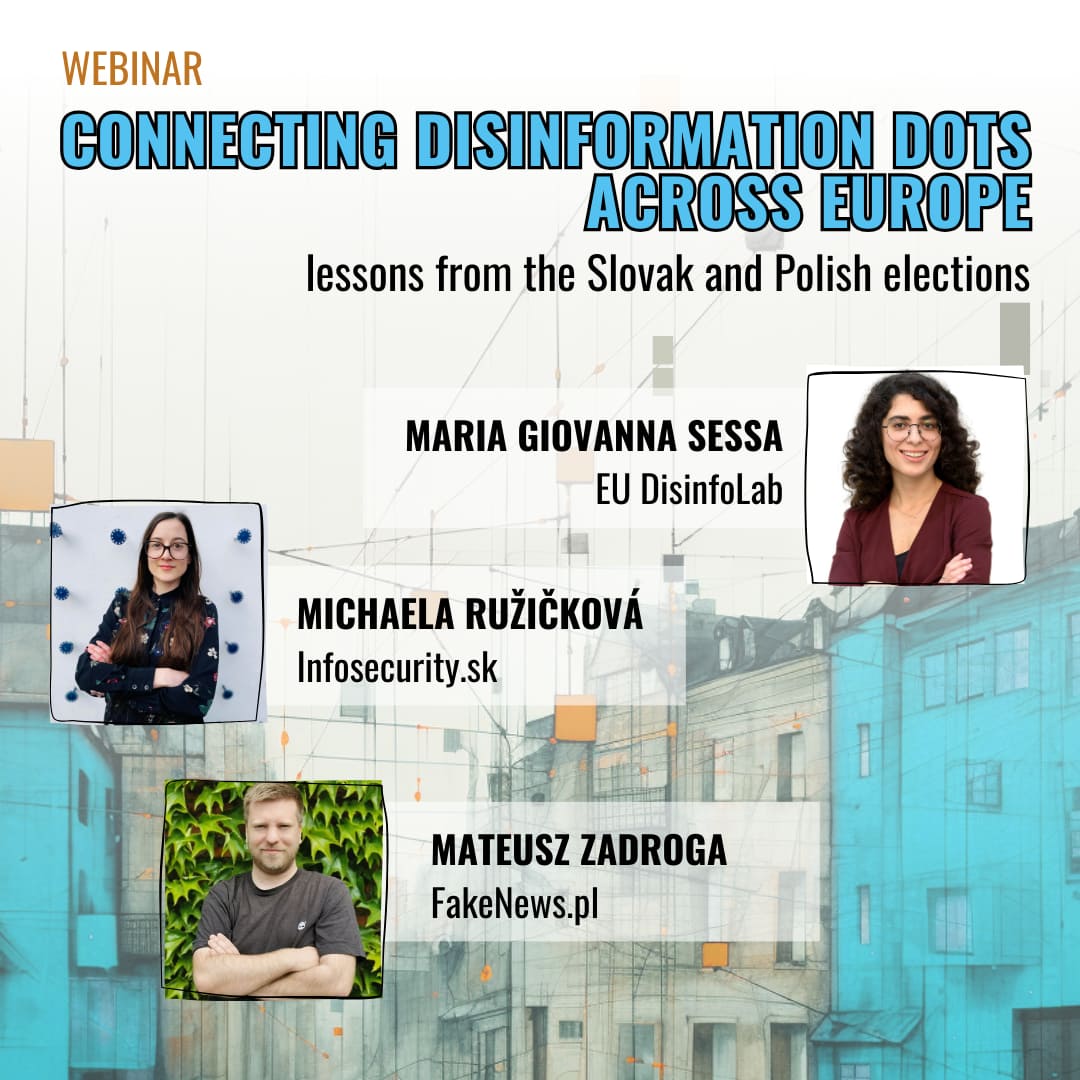Author: Maria Giovanna Sessa, EU DisinfoLab
Introduction
“The disinformation landscape across Europe” is a project conducted between March and December 2023 thanks to the support of the Friedrich Naumann Foundation for Freedom. The project collected factsheets, leading to the production of 20 factsheets mapping the state of disinformation in Austria, Belgium, Bulgaria, Finland, France, Germany, Greece, Hungary, Ireland, Italy, Latvia, Lithuania, Luxembourg, Netherlands, Poland, Portugal, Romania, Slovakia, Spain, and Sweden.
A community of experts (45 between authors and reviewers) responded to EU DisinfoLab’s call to help describe and review the most emblematic disinformation cases, recurrent narratives, community actors, and policy initiatives to grasp the essentials of what disinformation looks like in each country.
This document compiles a comparative analysis of the findings in the listed Member States, showing that the European Union faces the same challenges regarding disinformation campaigns. The common denominator of the most recurring narratives is fear that life as one knows it will take a turn for the worse between the erosion of values, sovereignty, and purchasing power.
Across Europe, the counter-disinformation community is characterised by interdisciplinarity and cooperation among private and public stakeholders. At the national level, policies are also put in place, although, usually, there are no standalone laws that explicitly target disinformation. As the reception of EU legislation is often delayed and patchy, it will be crucial to monitor the enforcement of the Digital Services Act (DSA).
Ten recommendations addressed to policymakers and the general community stem from the analysis. They focus on the need to ensure continued, collaborative, and financially sustainable research – with data access – based on a common language, with a diversity-, solution-, and threat-oriented approach:
- Favour information exchange and united responses
The counter-disinformation community offers a virtuous example of interdisciplinarity and cooperation among stakeholders, as displayed during the pandemic or the war in Ukraine. The factsheet displayed how disinformation actors, behaviours, and contents resemble one another in different countries. Continuing to monitor the landscape allows us to identify specific and generalisable patterns. This teaches us that EU Member States are facing similar challenges, which should lead to a reinforcement of united responses by pooling expertise and resources. Hopefully, the Digital Services Coordinators’ joint investigation powers will ensure efficiency. - Enhance policy monitoring and cooperation starting from standard definitions
In the upcoming months, EU Member states will be required to comply with the Digital Services Act and enforce it within their very diverse legal frameworks. The success of this endeavour can be facilitated by adopting a standard terminology, always respecting the principle of proportionality. For example, there is a need to define what is ‘illegal content’, and it would be preferable to use consistent terms to call disinformation (instead of “fake news” or “false information”) to avoid misunderstandings. - Focus on disinformation around the 2024 European elections and beyond
In addition to the European elections, 2024 will be the biggest election year in history. Therefore, it is urgent to address electoral disinformation quickly and in coordination. Malign actors instilling doubts in vote integrity represent an attack on European democratic institutions. However, attention to the problem should not be limited to voting periods but adopt a systematic approach based on an early alert system. - Look out for Foreign Information Manipulation and Interference (FIMI)
In light of the current global landscape characterised by reliance on the information war, it is imperative to identify and counter FIMI. This includes enhancing awareness and training for various stakeholders (including national governments), establishing monitoring, analysis, and information exchange mechanisms, and learning from neighbouring disciplines and cyber-security. - Improve media and digital literacy
Invest in media and digital literacy to build a resilient society that is immune to deceptions and manipulations, including misunderstanding satire or falling for new strategies such as impersonation used in disseminating disinformation. People today have the technological tools to access content but need to gain the skills to understand and interact with it properly. - Acknowledge that disinformation thrives on public distrust
Disinformation exploits negative sentiments such as rage and fear to polarise and mobilise the audience. National and international authorities and the media are often identified as enemies to be blamed for all evil. To dismantle the power that disinformation has over these individuals – which malign actors and extreme political alignments exploit – it is crucial to acknowledge and address public distrust to heal democracies. - Protect minorities and vulnerable categories
Disinformation weighs heavy on those belonging to marginalised and vulnerable groups, such as women and LGBTQI+ individuals, but also ethnic or religious minorities. For this reason, it is important to shed light on those categories and design specific measures that ensure inclusion, avoiding a discriminatory and silencing effect. - Strengthen the protection of journalists, fact-checkers, and whistleblowers
Information sector workers are the lifeblood of our democracies and must, therefore, be safeguarded and supported. Policymakers should address concerns regarding vague transcriptions of EU laws, mainly focusing on whistleblower protections and SLAPPs.
However, we must express our fears about the so-called “media exemption” envisioned by Article 17 of the upcoming European Media Freedom Act, which contradicts fact-checking as a deontological principle of good journalism. Media professionals should commit to an open and honest correction policy, and creating a getaway from content moderation will only incentivise malign actors to exploit self-proclaimed media to disinform. - Provide access to data for all researchers
The brilliant community of experts behind the preparation of these factsheets shows the incredible work that non-academic and academic researchers do in this field. To continue doing this, researchers should be granted access to data – as Article 40 of the DSA establishes and the relative delegated act will detail. Ensuring that vetted researchers are not simply those tied to academic institutions and that access to data is granted in a permanent and easily understandable way that contains granular indications is crucial to understanding disinformation and working out solutions. - Ensure core and sustainable funding to maintain, update, and expand research
Finally, it is crucial to ensure sustainable and permanent funding to the civil society organisations that are engaged in the fight against disinformation. To provide a vivid example, they are expected to address disinformation during the 2024 European election, when their very survival until the end of the next legislature cannot be taken for granted. Financial safety means ensuring that research is regularly maintained, updated, and expanded. In this way, cooperation is favoured and solutions advanced.
The opinions expressed are those of the authors and do not necessarily reflect the position of EU DisinfoLab. These factsheets do not represent an endorsement by EU DisinfoLab of any organisation.
This project is funded by the Friedrich Naumann Foundation for Freedom.


Our webinar on 5 December dove into the intricate world of disinformation as we unveiled the findings of our new comparative study that sheds light on trends and idiosyncrasies across the diverse European disinformation landscapes. Adding a current perspective to the discussion, we zoned in on the impact of disinformation during the Slovak and Polish elections, especially pertinent in light of the forthcoming “super election year”.


